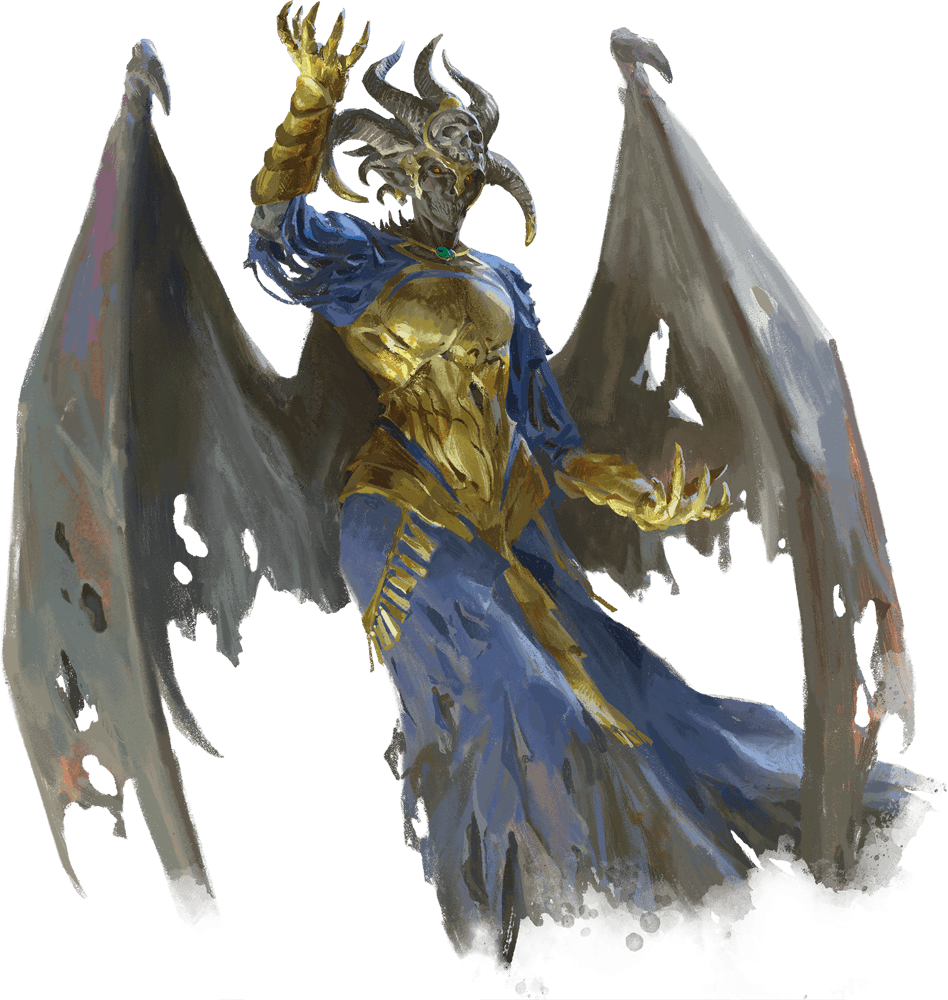That isn’t true. I don’t think it was ever actually true, but it certainly isn’t now. In Eberron, divine magic comes from faith.
Vol isn’t the center of worship, either. She’s the head of the main clerical structure of the faith, but most actual practice is based in ones community.
The Flame grants power because it is the combined souls and power of all the faithful who have ever died in service to the ideals of the Silver Flame, so it’s a bit different from any other faith in Eberron.
Even if we ignore what I wrote above, they aren’t “atheists”, they’re just atheists. They don’t believe the gods are real. The end. And they very well might be right.
That has nothing to do with how generic D&D is, though. A more accurate way to put it is, D&D comes with a whole wide swath of options, such that you can build pretty much any kind of world and game you want with those parts.

Erandis Vol
Erandis Vol, usually known as Lady Illmarrow or the Lich Queen, is the last heir of the House of Vol, the elven bloodline that bore the Mark of Death. Half an elf and a half a dragon, Erandis was the hope of many to end the war between the dragons and elves. She is believed dead by most, but was...
Apotheosis means "Become a God". It was her original goal.The statistics provided in both editions represent Lady Vol in her current state. If she achieves her apotheosis, becoming the Queen of Death, her powers will rival that of a god and bring about an apocalypse for the elves and dragons.
Anywho! On to the D&D thing: Yes. It absolutely DOES have everything to do with how generic D&D is.
No other fantasy has Gelatinous Cubes and Ochre Jellies. No other fantasy has Mimics and dragons divided by Chromatic, Metallic, and Gemstone. No other fantasy has Aboleths and Mind Flayers, Vancian Spellcasting, the Hand and Eye of Vecna, The Sphere of Annihilation.
And as much as you strip out, BadWolf, MD, you've got to realize that those things are a part of something you're stripping away to get at the bits you want and need.
And once you've stripped away enough that it's easier to describe what you -haven't- removed than what you -have- removed, you've gotta know you're not playing D&D at that point. Oh, you're using the d20 system at the heart of D&D. But it ain't D&D anymore.
If you order a Big Mac at McDonald's and tell them to take off literally everything, item by item, 'til nothing is left but the bottom half of a bun, you're not eating a Big Mac. You're eating half a warmed up hamburger bun.
